Undetectable AI's Essay Writer vs. ChatGPT (Which is Better)
Can Undetectable AI write a better essay than ChatGPT? Probably not, but there’s still one reason why you need to consider it an option: bypassing AI detection.
John Angelo Yap
Updated July 22, 2025
An AI teacher telling his student to write better, generated with ChatGPT
Reading Time: 4 minutes
When it comes to writing essays with AI, most people turn to ChatGPT without a second thought. It’s fast, flexible, and generally great at spitting out structured, readable essays in seconds.
But there's another player in the space now — Undetectable AI's Essay Writer. It doesn’t try to be the most advanced thinker in the room. It tries to sound human enough to fly under the radar.
So the real question isn’t just “which one writes better essays?”
It’s also: “which one sounds more like a person wrote it?”
Let’s break down what each tool does — and why the answer might not be as obvious as it seems.
What is ChatGPT?
Unless you've been living under a rock with no Wi-Fi, you’ve probably heard of ChatGPT. Built by OpenAI, it's a conversational AI that can write everything from Shakespearean sonnets to five-paragraph essays on the Cold War — all in under a minute.

It’s widely used by students, marketers, and just about everyone who needs clean, structured text on demand.
The upside: it's smart, versatile, and gives you decent writing with little effort.
The downside: if you’re not careful, it sounds like AI wrote it — especially to detection tools, or professors who’ve read 100 other papers that all sound the same.
What is Undetectable AI’s Essay Writer?
Undetectable AI isn’t trying to win a Pulitzer. It’s trying to make sure your essay doesn’t get flagged.

Their Essay Writer is built around one goal: make the writing sound like a real person — filler words, imperfect transitions, and all. It’s intentionally less polished than ChatGPT by design. But that’s the point. It feels more human.
It lets you choose a tone, tweak the structure, and control how “AI-ish” your final product sounds. The tool leans hard into believability over brilliance. It’s for people who don’t want a robot-perfect essay but something that could’ve come from a slightly tired college student on a Tuesday night.
ChatGPT vs. Undetectable AI: Writing Quality
Undetectable AI | ChatGPT |
Aaron Sorkin's scriptwriting style is a unique blend of intellect, wit, and fast-paced dialogue. His scripts are characterized by complex, layered storytelling and a keen sense of social commentary. Sorkin's writing often explores the intricacies of human relationships, delving into the motivations and emotions of his characters. His dialogue is renowned for its cleverness and rapid-fire delivery, with characters frequently engaging in lengthy, insightful conversations.
| Aaron Sorkin’s scriptwriting style is instantly recognizable—rapid-fire dialogue, intellectual banter, and morally charged storylines that unfold with rhythmic precision. Often described as “Sorkinesque,” his writing blends theatrical pacing with razor-sharp wit, giving characters an almost musical cadence in their speech. Whether in The West Wing, The Social Network, or The Newsroom, Sorkin’s scenes tend to move quickly, not because of action, but because of talk—dense, articulate, and often idealistic talk.
|
There’s no contest here — ChatGPT is the better writer.
It structures arguments better, uses stronger transitions, and builds flow like a real essay writer would. You can ask it to use rhetorical techniques, quote sources, and mimic formal writing styles. It can even format in APA or MLA if you nudge it right.
Undetectable AI, meanwhile, plays it safe. It doesn’t overreach. The result is often blander — but also less likely to raise red flags for being “too perfect.”
If you’re being graded on writing alone, ChatGPT wins. But there’s another layer to this.
ChatGPT vs. Undetectable AI: Bypassing Detection
Test #1
Undetectable AI: Passes AI detection test.
AI Likelihood Score: 0%


ChatGPT: Fails the AI detection test.
AI Likelihood Score: 100%
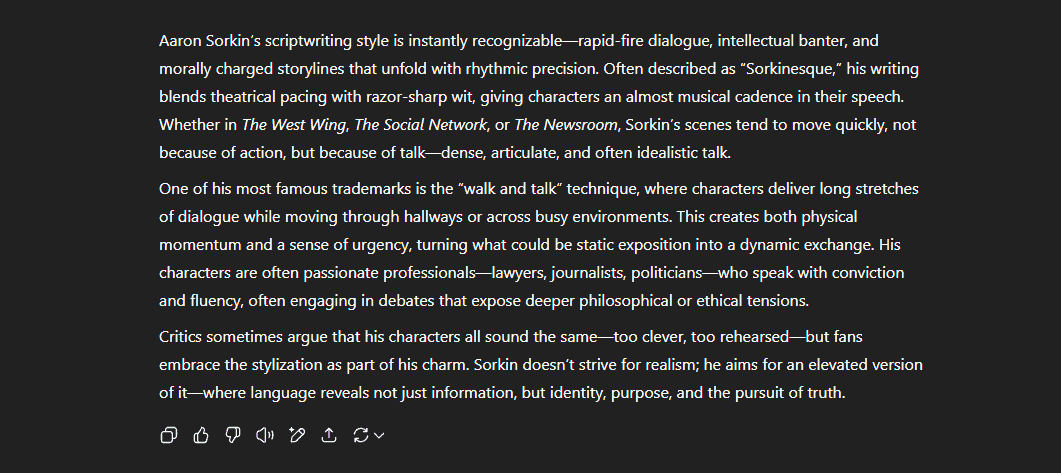

Test #2
Undetectable AI: Passes AI detection test.
AI Likelihood Score: 0.1%
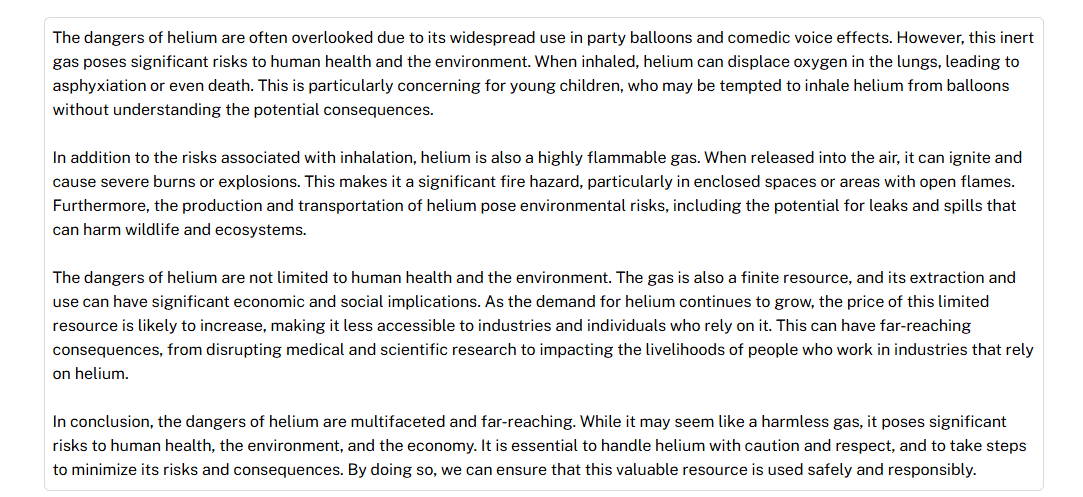
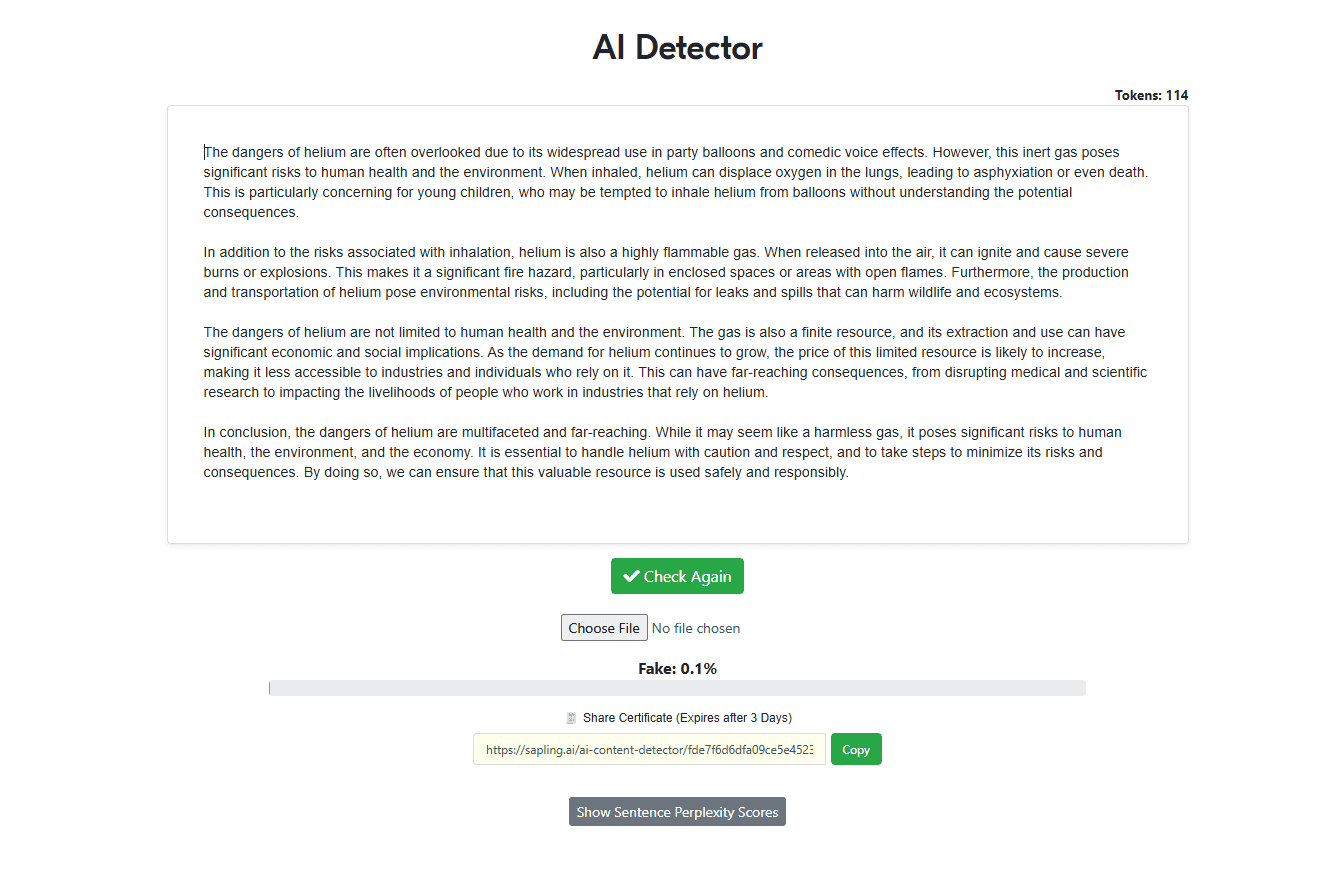
ChatGPT: Fails the AI detection test.
AI Likelihood Score: 100%
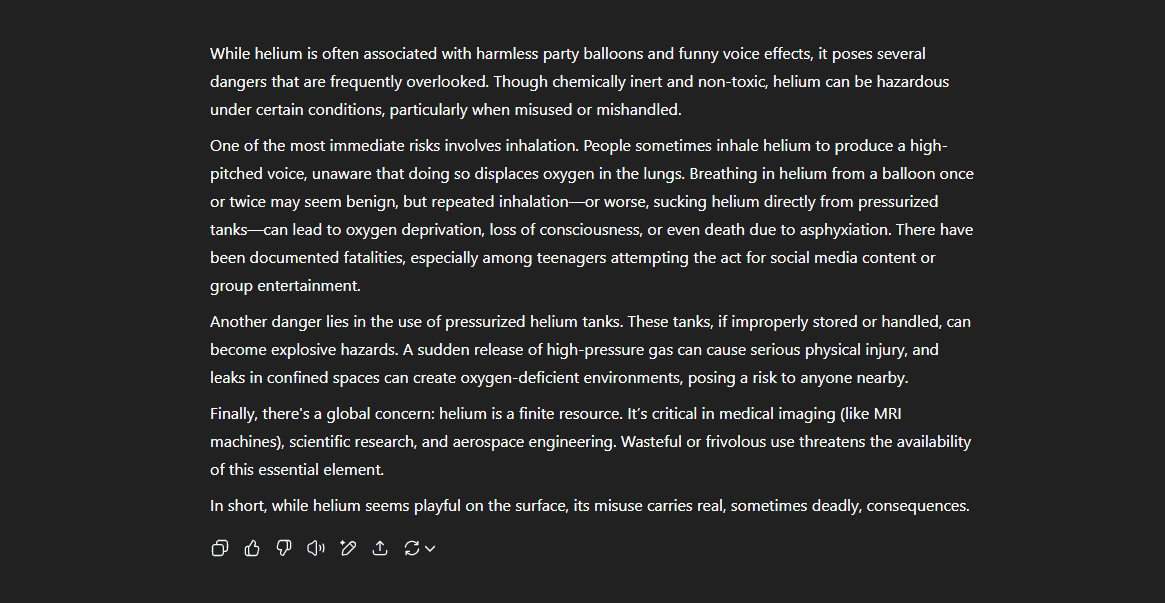
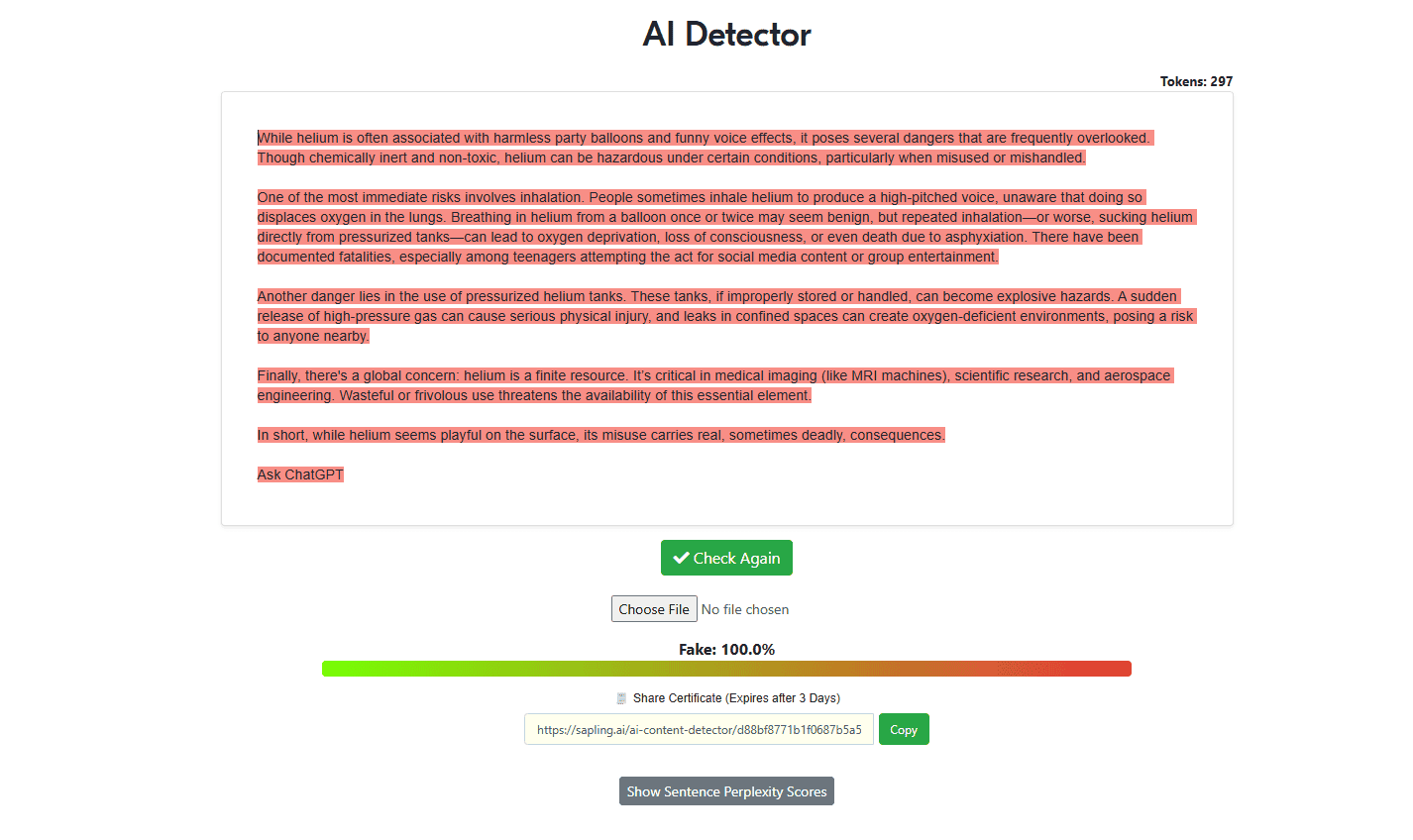
Test #3
Undetectable AI: Passes AI detection test.
AI Likelihood Score: 46.9%
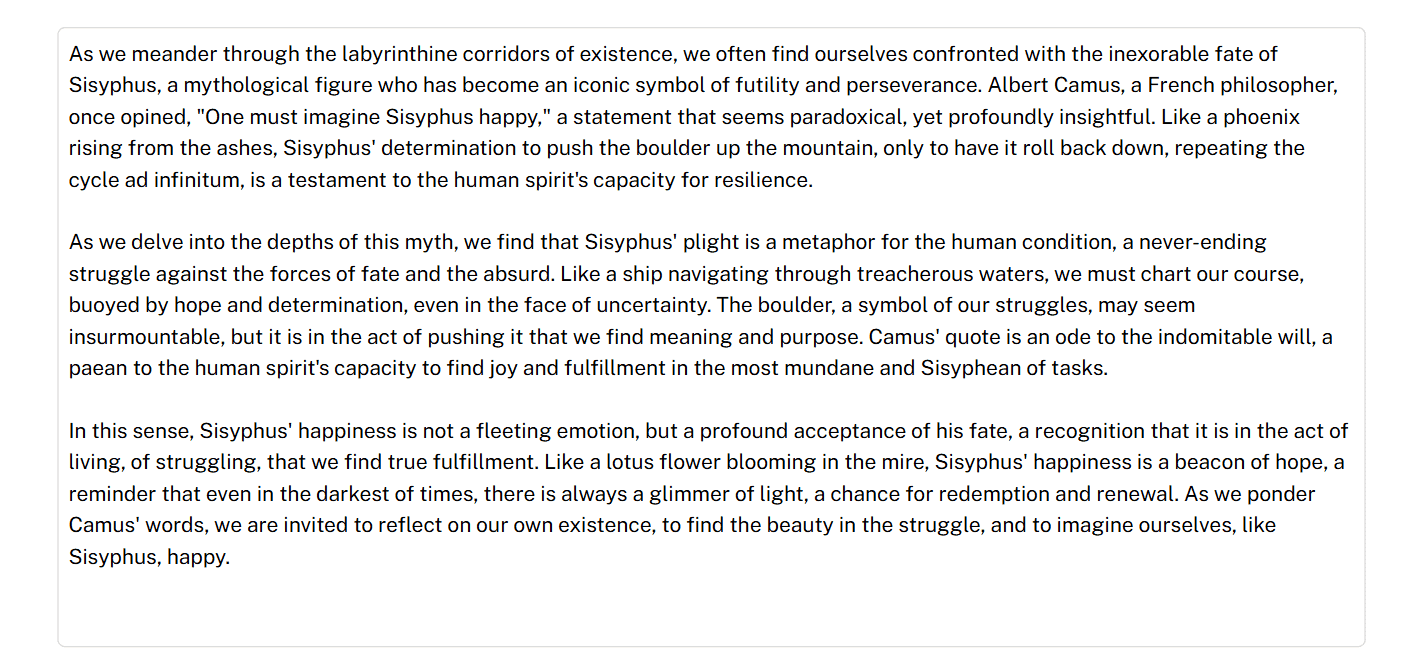
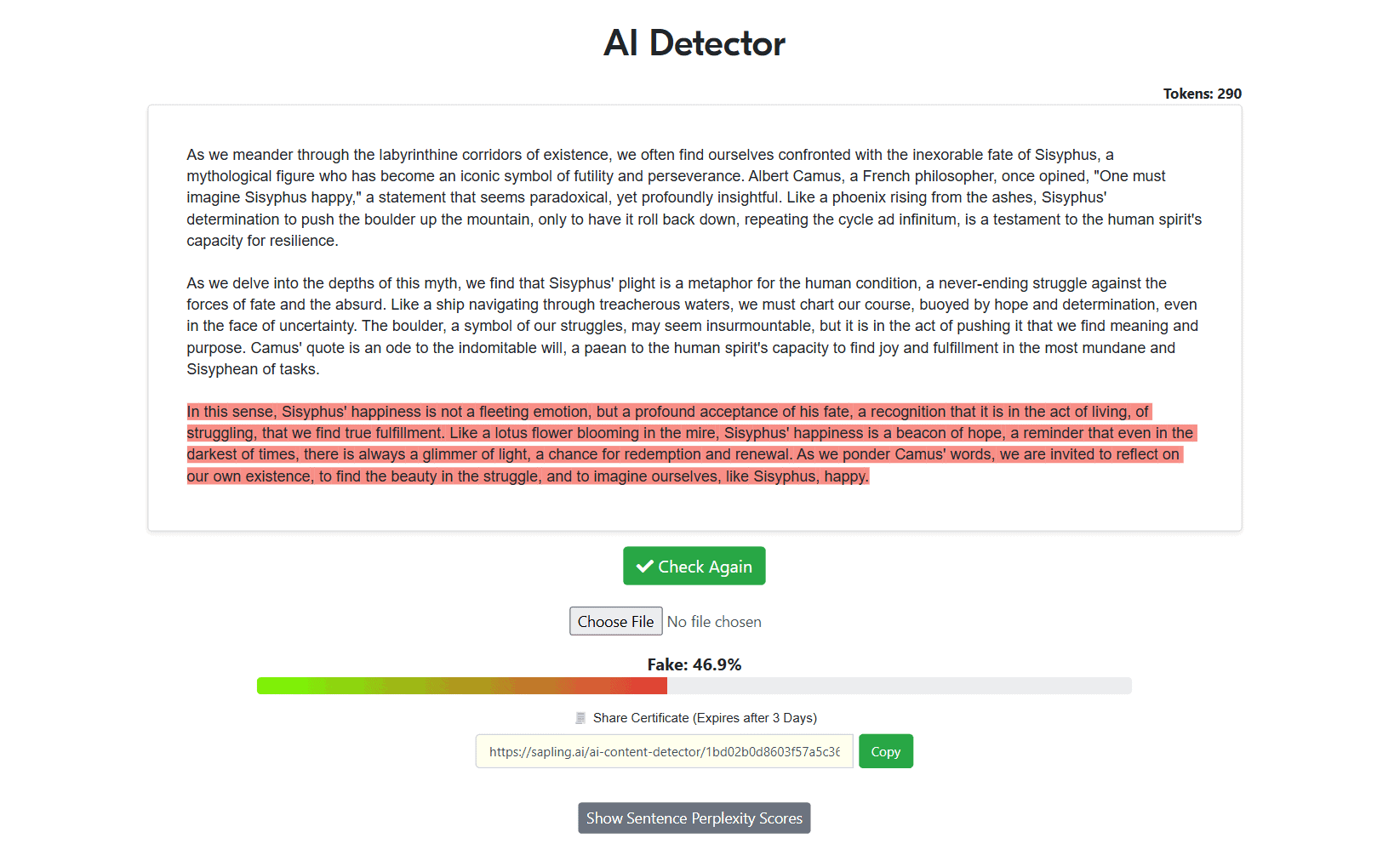
ChatGPT: Fails the AI detection test.
AI Likelihood Score: 100%
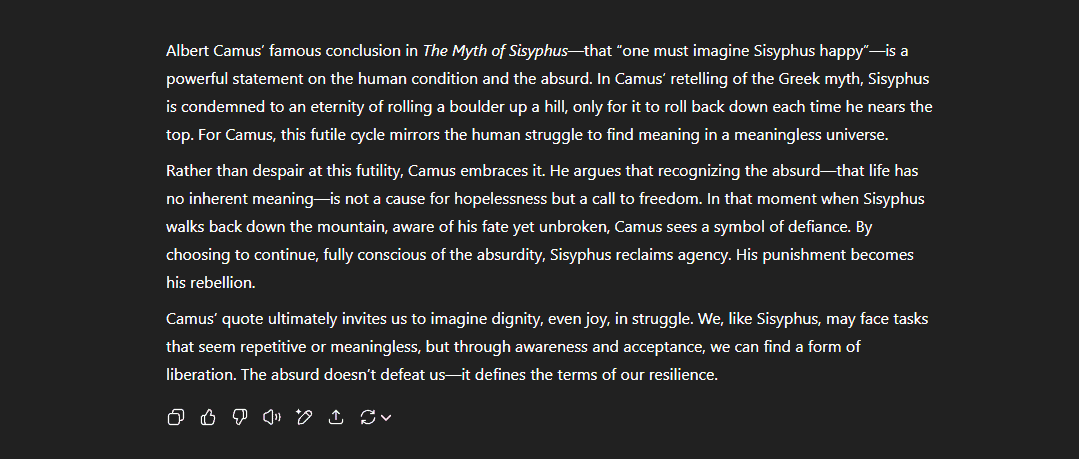
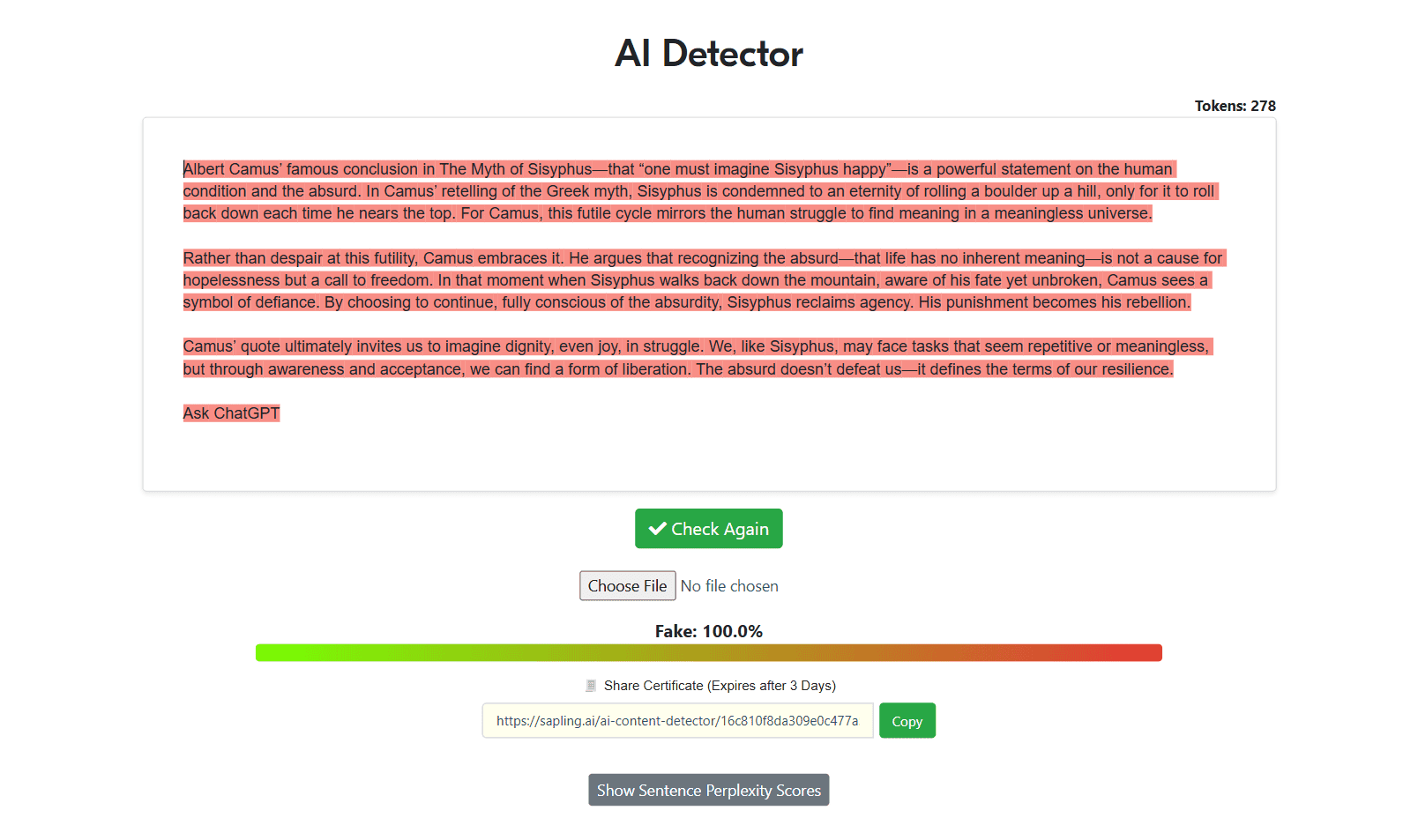
Test #4
Undetectable AI: Fails AI detection test.
AI Likelihood Score: 100%
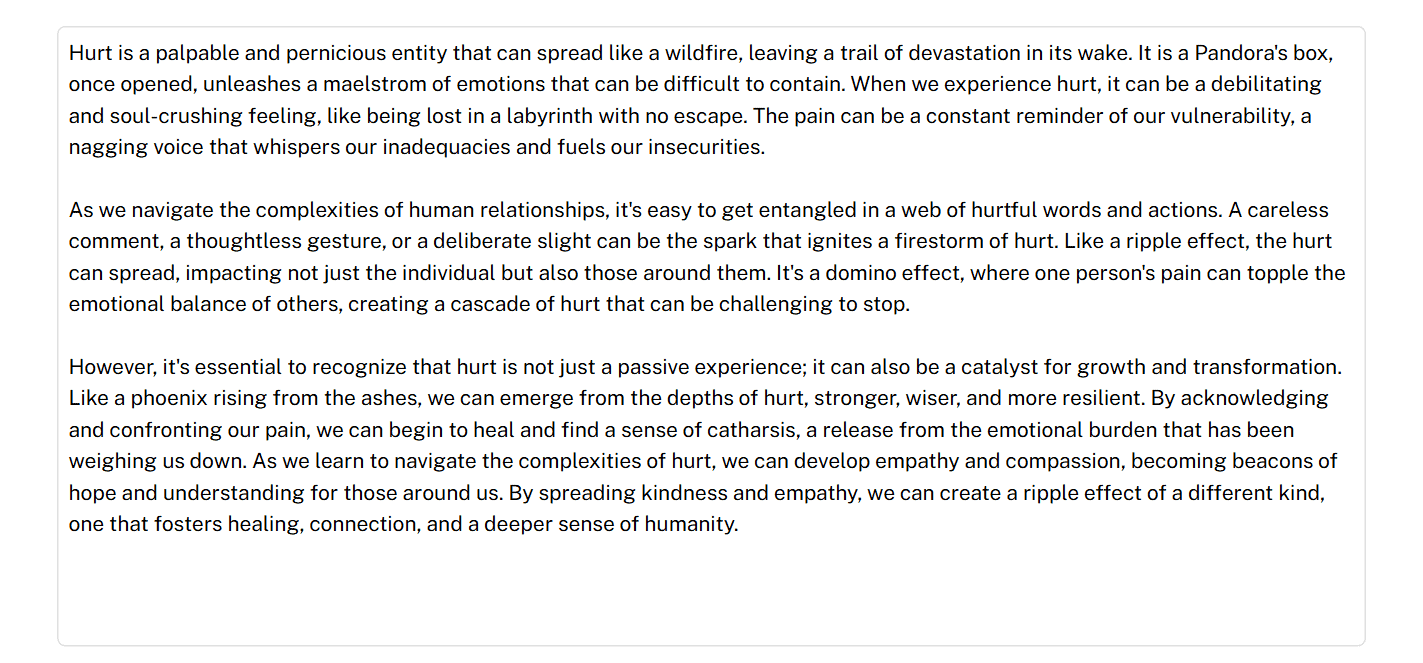
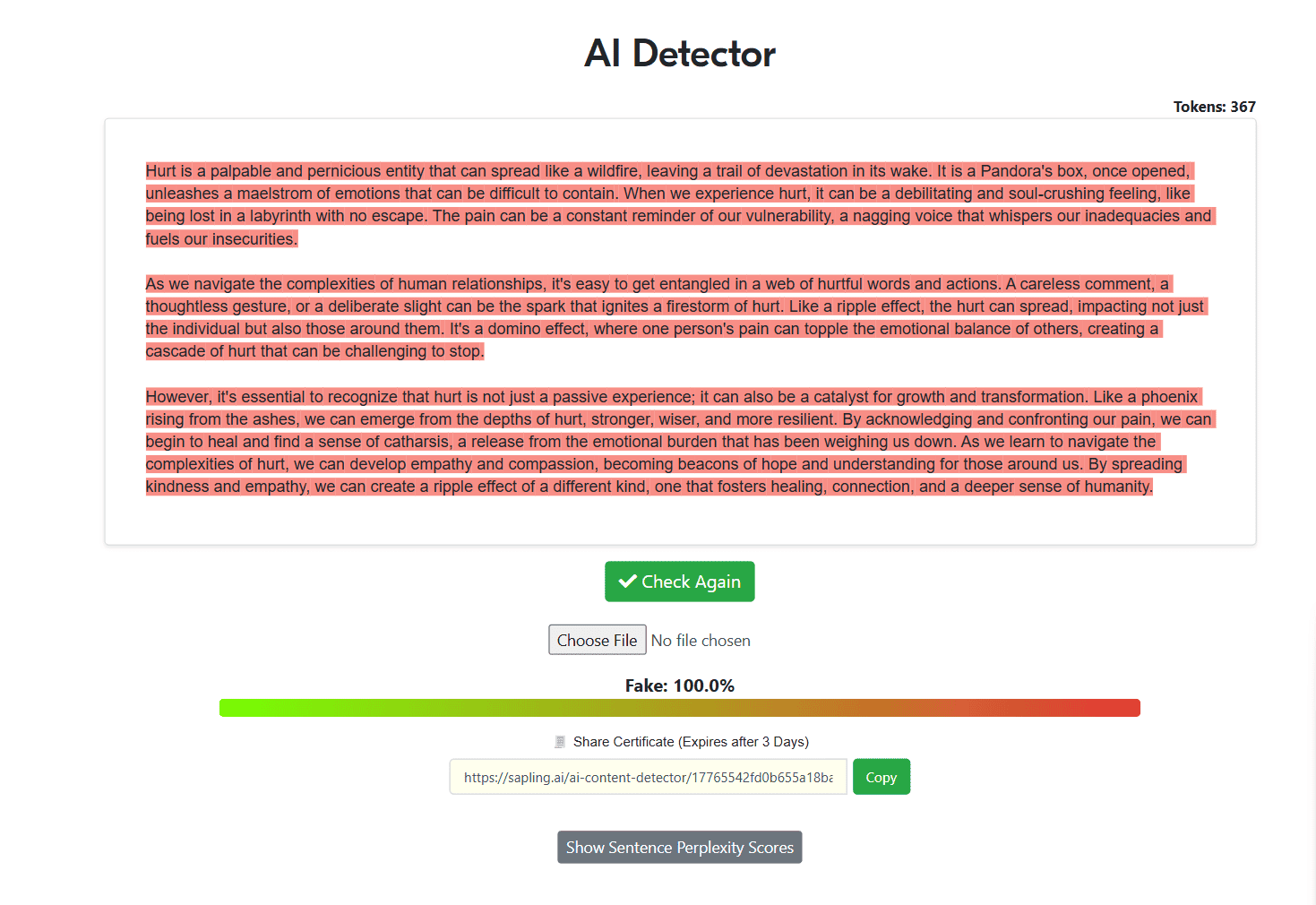
ChatGPT: Fails the AI detection test.
AI Likelihood Score: 100%
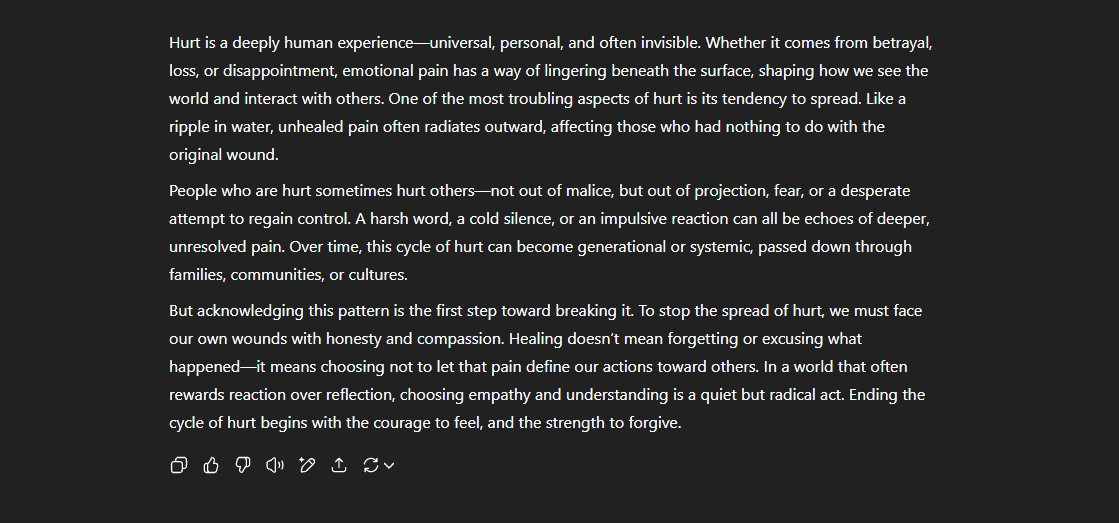
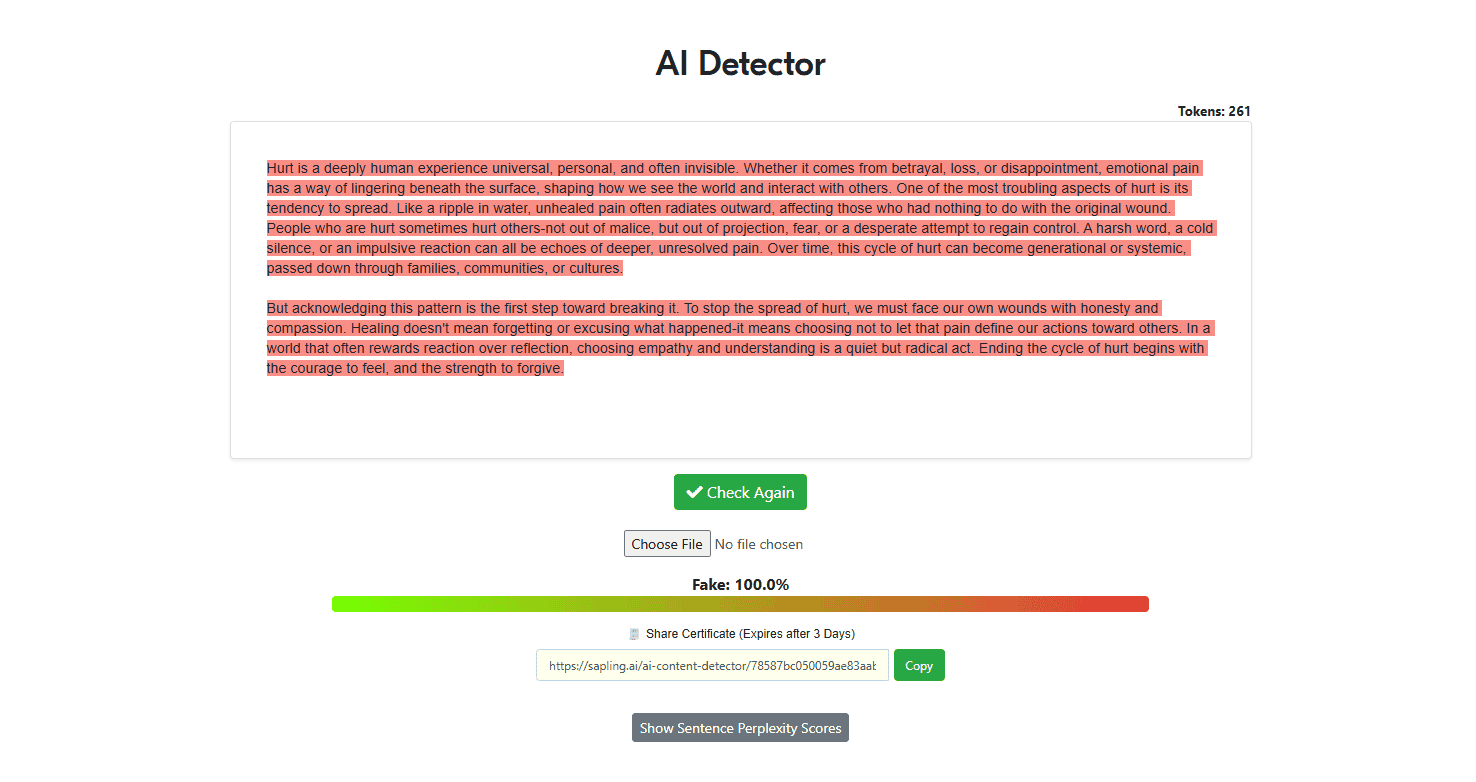
Test #5
Undetectable AI: Fails AI detection test.
AI Likelihood Score: 99.2%
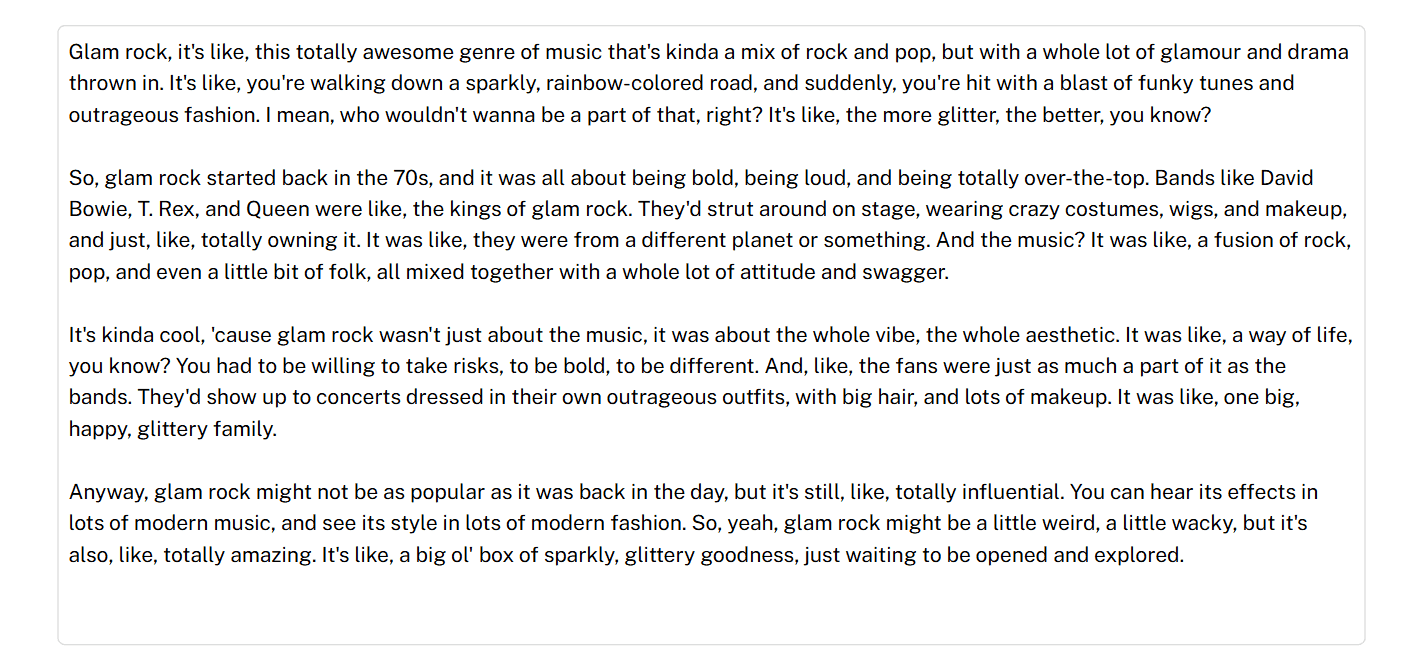
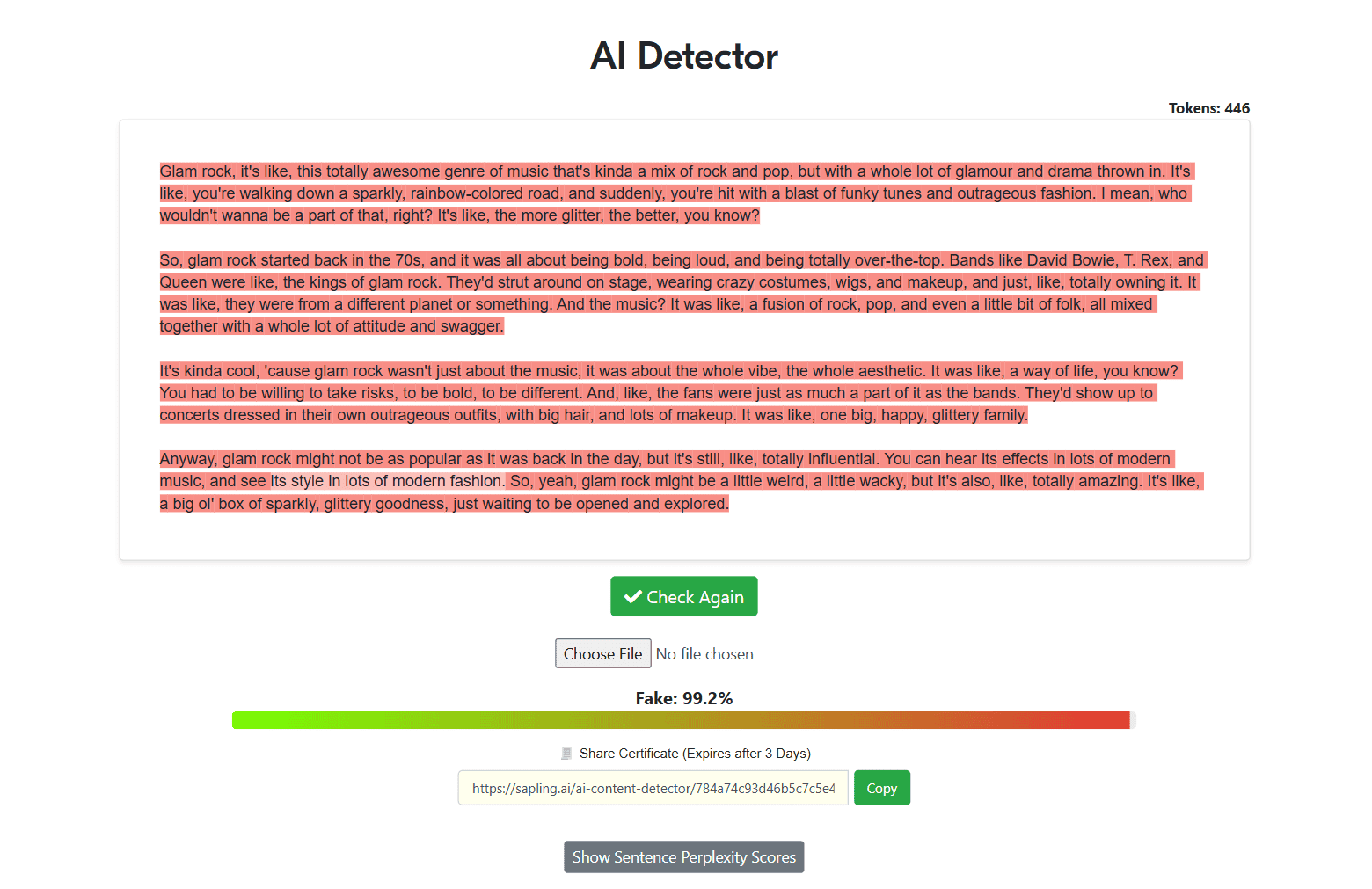
ChatGPT: Fails the AI detection test.
AI Likelihood Score: 100%
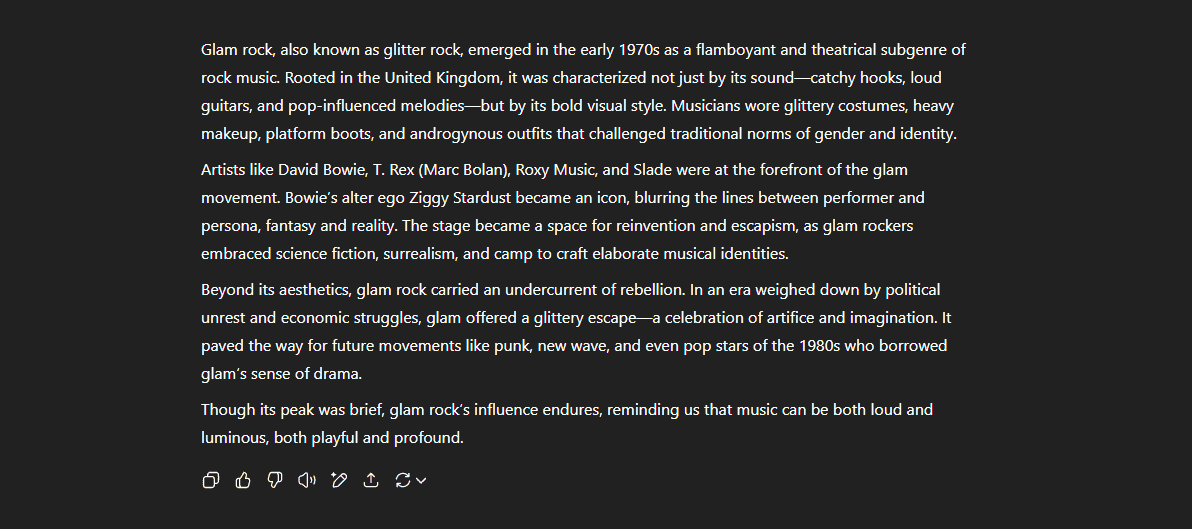
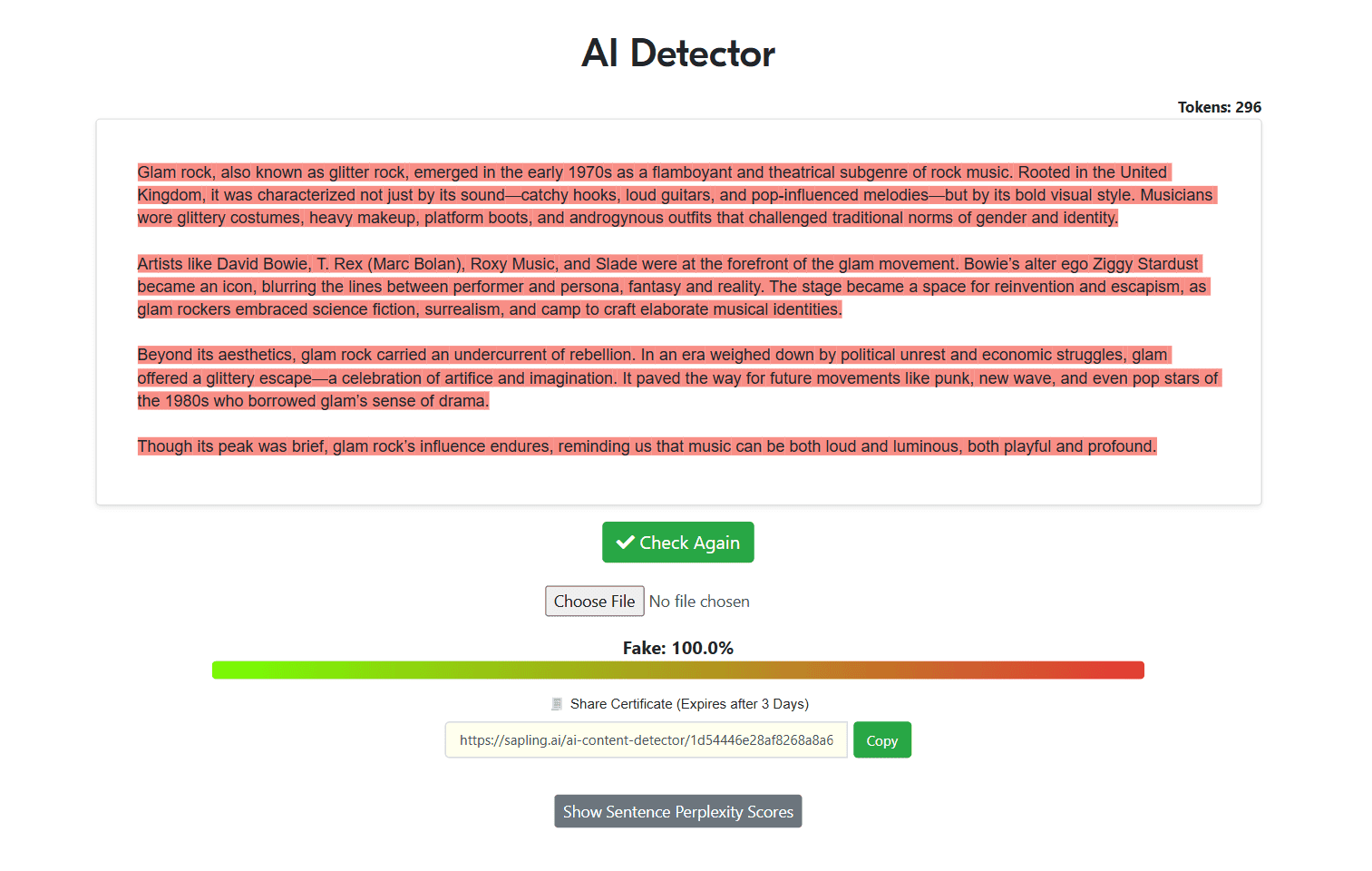
Overall Score
Test Number | Undetectable AI | ChatGPT |
#1 | 0% | 100% |
#2 | 0.1% | 100% |
#3 | 46.9% | 100% |
#4 | 100% | 100% |
#5 | 99.2% | 100% |
Score | 49.24% | 100% |
The Bottom Line
If your priority is writing quality, ChatGPT is the better essay writer — hands down. It gives you structure, depth, and polish that most AI tools can’t match.
But if your priority is sounding human, slipping past detection tools, or just blending in — Undetectable AI’s Essay Writer might be the better bet.
In a weird way, sounding less polished is what makes it feel more real.
Go with ChatGPT if you need brilliance. Go with Undetectable AI if you need believability.
Different tools. Different goals. Choose accordingly.
Want to Learn Even More?
If you enjoyed this article, subscribe to our free newsletter where we share tips & tricks on how to use tech & AI to grow and optimize your business, career, and life.